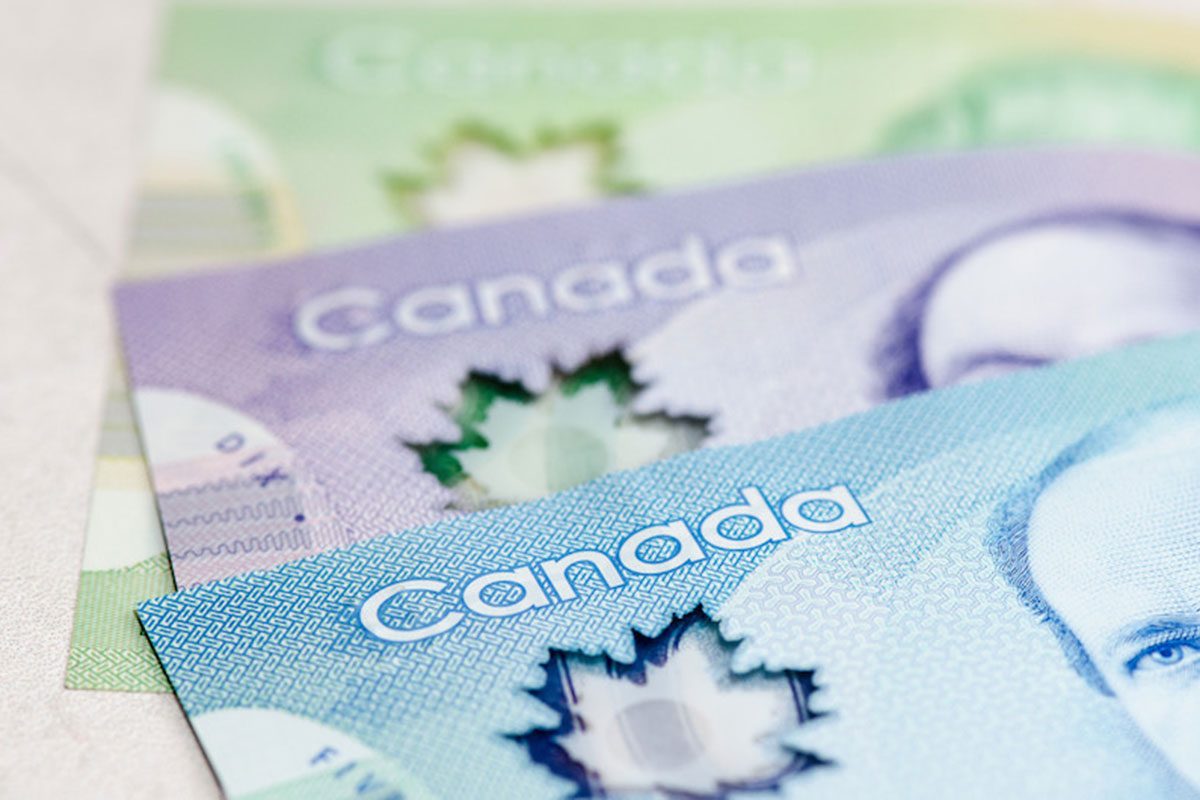
We need to modernize how we measure national wealth
I recently tried an experiment. I changed several light bulbs, and since one required a little rewiring, I sent my wife (also known as the majority shareholder) a bill for $110.50 (plus GST). In return, she sent me a bill of $457.98 for her preparation in late December of a sumptuous meal, plus her work managing all social connections associated with the holidays.
Our process of issuing (and paying) the invoices for “services to the household” means we boost our own personal Gross Domestic Product (GDP) with every invoice. This is because GDP only recognizes market transactions and not donated services.
Feminists and other observers have long chided economists for failing to count household work as they assess national wealth. They have identified the “gendering of the holidays” as a major emotional and administrative burden borne largely by women in heterosexual relationships, and which common measures like the GDP fail to count. Some estimates contend that value of housework could be as high as US$40,000 annually.
Read more: Women’s unpaid work must be included in GDP calculations: lessons from history
Of course, defining the nature of housework is important. Household surveys on time use show that men are assuming increased (but not yet equal) participation in housework, essential when all adults work full-time. Identification of new categories of household tasks, such as the time spent managing social networks, have fuelled debate on the failings of our current measures of economic well-being.
But let’s take a look back on how we first started measuring national wealth.
Housework left out
In response to the Great Depression, the United States Senate commissioned a report to measure the country’s national income. That report, overseen by economist Simon Kuznets, spawned the system of national or macroeconomic accounts and the identification of the GDP as the core gauge of national wealth. For his efforts in developing economics as an empirical science, Kuznets received the Nobel Prize in Economics in 1971.
Kuznets noted, however, that the system of national accounts he helped develop did not include the “services rendered by housewives and other members of the household toward the satisfaction of wants.” He stated that “no reliable basis is available for estimating their value.”
GDP was been a workhorse for measuring national well-being ever since. But cracks are appearing. Environmental degradation and growing income inequality are just two sources of discontent with the measurement of GDP.
What’s known as green national accounting starts with the conventional measure of GDP and subtracts the financial impact of the byproducts of production and consumption, including carbon emissions, plastics in landfills and the costs of cleaning up polluted water. It also adds the value of positive byproducts that occur as result of investments made in the environment.
Sustainable future?
The core idea is to frame the national economic well-being in terms of whether our current production and consumption patterns create a sustainable future. Modifications to the standard measure of GDP involve corrections for resource depletion, pollution and biodiversity loss.
Two challenges for green accounting are how to accurately estimate the losses associated with these corrections, and to avoid the mistake of assuming technology remains static and finds no solutions to environmental losses.
Recent increases in income and wealth inequality in Canada and the United States have intensified the debate about whether all income classes have benefited from recent technology-led economic growth. Some households have shared disproportionately in the growing national wealth, but GDP fails to reflect the disparity in gains across economic groups.
The U.S. is preparing to update its economic accounts to reflect the distribution of national wealth across income groups. Australia has made great strides in revamping its national accounts. Not only can Australians track national wealth by income groups, but the country’s national accounts show the shares by different household types, age groups and by wealth categories.
Change coming to Canada
Statistics Canada is also integrating its Survey on Financial Security with the system of national accounts to produce measures of GDP that reflect the changing distribution of wealth.
Rather than following the Australian practice of apportioning GDP among income categories, Statistics Canada is adjusting GDP to reflect a range of adjustments, only one of which is the change in household wealth.
Read more: Don’t listen to the rich: inequality is bad for everyone
So how has our little household experiment worked out? Well, it failed.
In just one month, I had billed my wife $3,567, she had billed me $4,512 and we had issued more that 500 invoices for household services mutually rendered. We realized we would need to quit our jobs just to maintain the household accounting system.
We had demonstrated the core wisdom of what’s known as the nature of the firm first described by economist Ronald Coase. The market has costs. For a firm and for a household, it makes sense to bypass the daily contracting for the resources needed and establish long-term relationships that require only periodic negotiation.
Challenges remain
Kuznets was right — including the services of household members in the macroeconomic accounts is difficult, especially when it comes to efforts like valuing the contributions of truculent teenagers taking out the trash. But modern economics has the techniques to produce decent estimates of unpaid labour performed within the household. Nonetheless, challenges remain.
First, how expansive do we wish to define unpaid work? Is it just confined to the household or do we need to include contributions to community such as volunteering that maintain our social capital?
And second, since comparisons of GDP form a basic measure for measuring international competitiveness and guiding investments, all countries should adopt the same conventions in measuring unpaid labour or valuing the environment.
This article from Gregory Mason, associate professor of economics at UM, was originally published on The Conversation.
Research at the University of Manitoba is partially supported by funding from the Government of Canada Research Support Fund.






